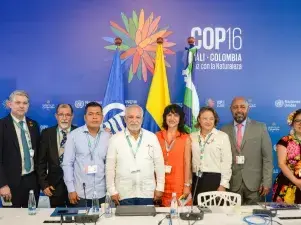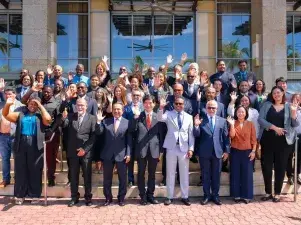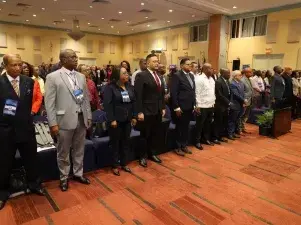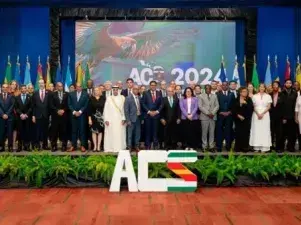South Korea Puts US$4M into Caribbean Coastal Erosion Rehab
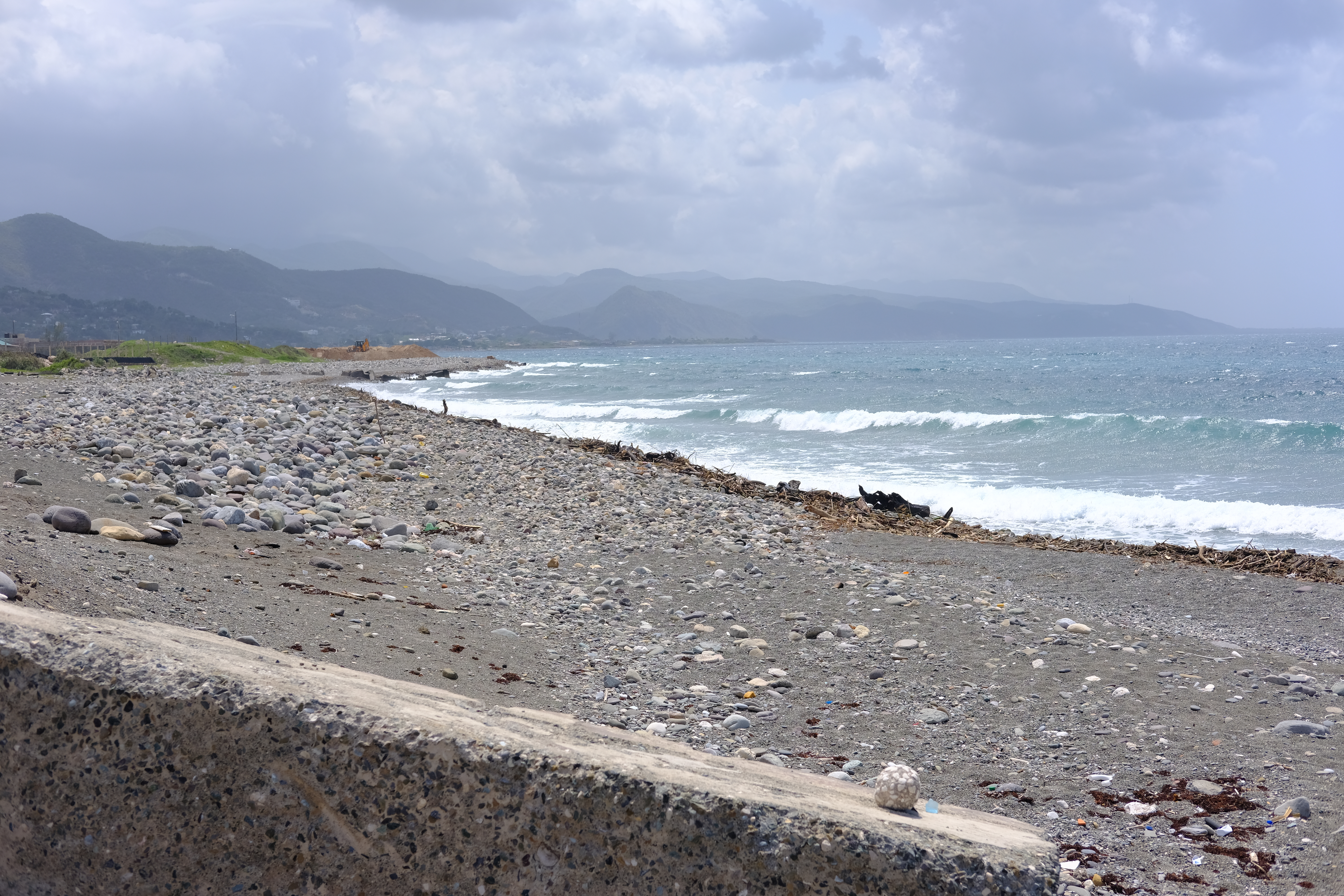
Caribbean people living in the sandy, low-lying, coastal areas of the region will soon benefit from a four million-dollar (US) project grant from the South Korean government, to assess and control the impact of coastal erosion and sea level rise in the Greater Caribbean.
The Sandy Shorelines project is set to improve the region’s ability to study and manage coastal erosion, reduce the vulnerability of the region’s coasts, and enhance social resilience to climate change. The deal, signed between the Association of Caribbean States and the Korean International Cooperation Agency (KOICA), is being led by Cuba’s Ministry of Science, Technology and the Environment (CITMA), and will combine the knowledge of top coastal erosion scientists from the East and West.
Approximately 115 million Caribbean people live and survive around the Caribbean Sea. With accelerated climate change, tourist pressure, and over-fishing, our unifying natural resource, the blues and greens of our Caribbean Sea, and its coasts are in danger. That means the people and their ways of living are at risk.
In most of the small island countries of the Caribbean, tourism accounts for 25% of GDP. With the growth of the tourism industry regionally, Caribbean shorelines and beaches are suffering from increased erosion, which means serious damage to the tourism industry’s feature attraction.
Aware of its responsibility for the sustainable development of the Caribbean Sea and its preservation, the ACS and its Caribbean Sea Commission worked closely with Cuba’s CITMA and KOICA to develop the project. The Sandy Shorelines project brings together the region’s coastal erosion experts and establishes a region-wide network of coastal erosion monitoring stations. This enables the ACS and its member states to better understand the impacts of climate change on our coasts, and better advocate for international funding due to the region’s high vulnerability to sea level rise.
The main components of the project, over a three-year period are: establishment of a regional focal point network on coastal erosion; training and capacity-building of regional scientists in cutting-edge coastal erosion monitoring techniques; establishment of a regional coastal erosion monitoring network; preparation of beach rehabilitation projects in three prioritized areas; development of a regional manual on beach erosion and sea level-rise-management; and a regional conference on beach preservation.
Three top coastal erosion experts from KOIST and the OJERI (Ojeong Eco-Resilience Institute) of Korea University visited parts of the Caribbean to see the impact of coastal erosion in the region first hand. They traded thoughts with regional scientists and finalised details of the project.
The project is currently in inception phase and is anticipated to formally start in July 2017.
Communiqués de presse connexes
L'AEC réunit des leaders et des experts à la COP16 sur les bonnes pratiques pour lutter contre l'érosion côtière dans la Grande Caraïbe
En marge de la COP 16 accueillie par la Colombie, qui assure également la présidence de l'Associa
L'AEC organise un atelier pour conclure la Phase 1 du Projet Plages Sablonneuses
Dans le cadre de son 30e anniversaire, l'Association des États de la Caraïbe (AEC) a organisé un
Le Secrétaire général de l'AEC participe à la 27ème Assemblée générale annuelle de l'ACGA
Le Secrétaire général de l'AEC, Rodolfo Sabonge, a assisté à la 27e Assemblée générale annuelle d



